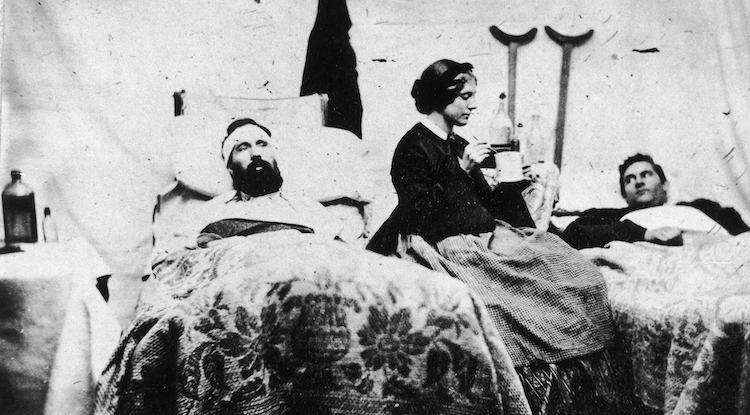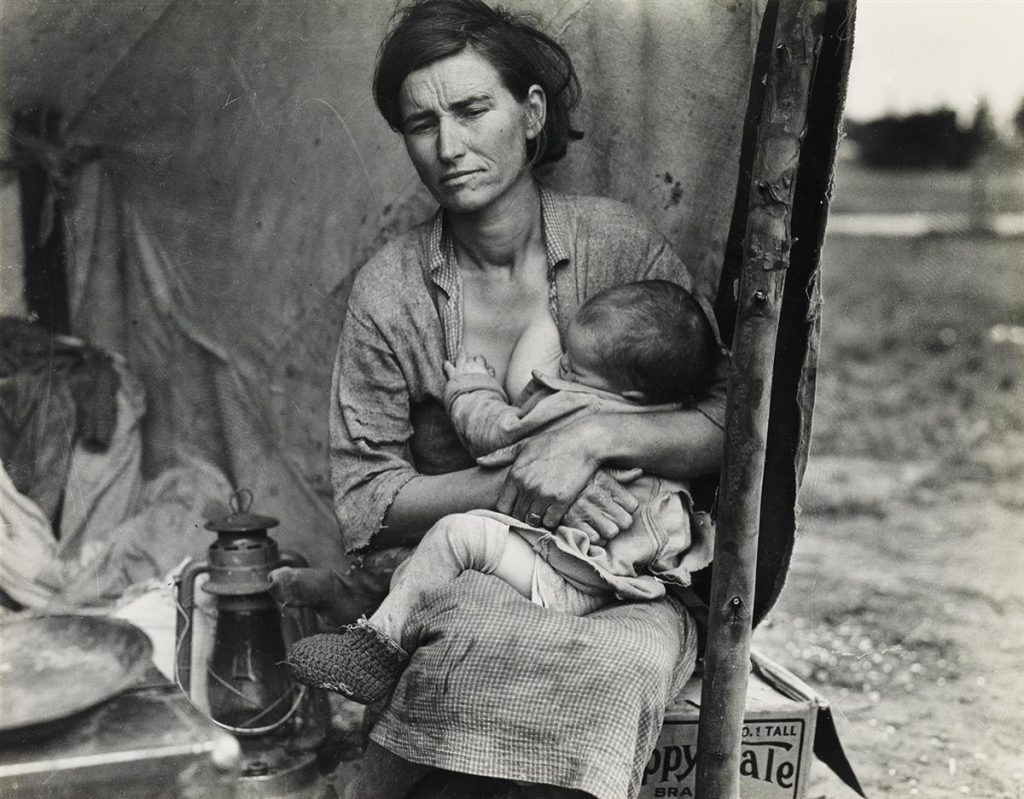Sunday Morning / May 12, 2024
During the American Civil War, Virginia was sharply divided by the political divisions between North and South. In 1862, the state broke in two and military engagement ensued.
Ann Jarvis had been active in public service long before the war. Measles, typhoid and diphtheria epidemics were rampant in the Appalachians, and to combat childhood diseases in her community Jarvis created “Mothers' Day Work Clubs” (MDWC) to improve public health in the region.
Initially designed to reduce children’s suffering and infant mortality, caregiving, inadvertently, gave way to activism and education. Canvassing to educate new mothers and families about sanitation led to the first program to inspect food and dairy in the United States.
While the U.S. milk supply was routinely skimmed and diluted with water to meet the demand for commercial sales, consumers couldn’t determine its quality due to dyes, caramel, salt and additives portraying a natural product. Even formaldehyde was regularly used to extend the shelf life of dairy products, and many commercial drugs prescribed by doctors were laden with alcohol and opium with no curative effect, even to infants. The work of muckraking journalists exposed the practices of the dairy industry triggering public interest and consumer protection laws enacted by Congress. The Pure Food and Drug Act of 1906 was the precursor of the FDA. Jarvis was at the helm.
Working Moms
From the onset of the American Civil War, MDWC expanded their mission to meet demand. In addition to advocating for children, Jarvis’ now five chapters throughout West Virginia were providing care to soldiers on both sides of the American Civil War.

When typhoid and measles broke out in the military camps, it was Jarvis who nursed the suffering on both sides. Resigned to neutrality, MDWC provided aid to both sides, and refused to support a division of the Methodist Church into a northern and southern branch. They offered prayer for enemy soldiers, when all others refused, and under her exegesis the MDWC fed and clothed soldiers on both sides of the deadliest conflict in American history. The Charleston Gazette called Ann Jarvis “a trailblazer of the American Red Cross.”
Jarvis’ efforts as a community organizer crescendo in “Mother's Friendship Day" which united the parent’s of soldiers from both sides of the American Civil War. Despite threats of violence, Jarvis successfully staged the first event in 1868 sharing a message of unity and reconciliation. The band played “Dixie” and “The Star Spangled Banner,” but parents from both the North and South united in "Auld Lang Syne.”
Institution of Motherhood
Ann Jarvis died on 9 May 1905, and on the first anniversary of her death a plan for a memorial service was laid forth. The first Official Mother’s Day service was held at the Andrews Methodist Episcopal Church in Grafton, West Virginia on May 10, 1908. Anna, her daughter, sent along 500 white carnations to the church. A telegram read:
Carnations are the white and pinks of humanity, whose petals neither fail nor drop in death, but it’s not their scent that gives them life, its devotion and their depth.
By the 1920s, the forces of commercialization had overwhelmed Jarvis’ message with a cottage industry of candies, printed cards, and carnations. The U.S. House of Representatives passed a resolution instructing all federal government officials to wear a white carnation in 1913, after which the U.S. Congress passed a law commemorating the day.
Even U.S. President Woodrow Wilson issued an executive order in 1914 declaring the second Sunday in May “a day for American citizens to show the flag in honor of those mothers whose sons had died in war.” A master of spin, Wilson shaped and mobilized public opinion into a patriotic holiday which conflates a political agenda into an occasion to remember war.
Yet when Ann Jarvis said, “I hope and pray that someone, someday, will found a memorial Mother’s Day commemorating the service she renders to humanity in every field of life,” she informed the institution in the same way the archangel led one-third of the hosts of heaven. "Serviam," St. Michael declared. "I will serve." In so doing, he and his disciples the world calls 'mothers' endeavor to see us home and safe.
For Jarvis, motherhood was never about civics, public works or politics at all. It was about the seemingly selfless acts of service which informs them all.








